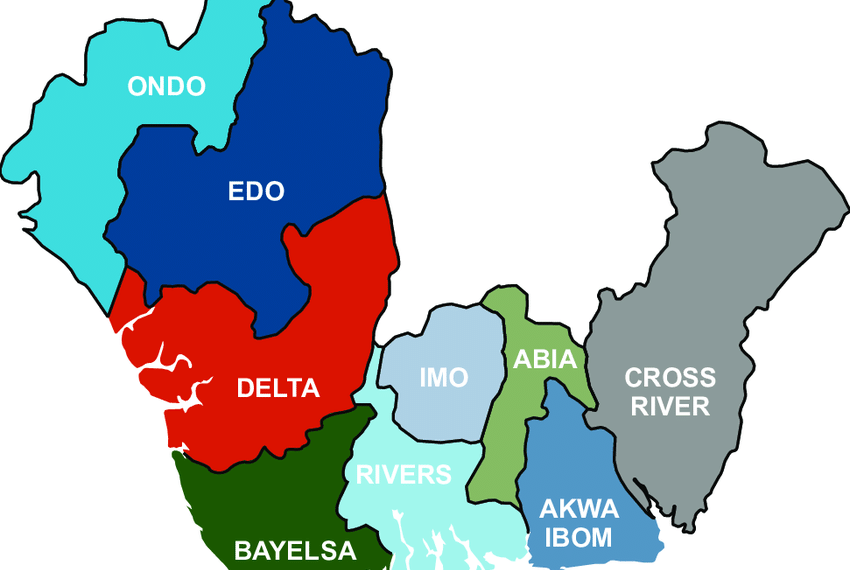Without a doubt, Nigeria faces a persistent and pervasive problem with financial scams (Yahoo-Yahoo)—one that has not only grown in scale but has also become alarmingly normalized. This issue, which continues to damage the nation’s reputation on the global stage, has evolved beyond individual wrongdoers to become an entrenched part of the social fabric.
Financial scams in Nigeria, often carried out by individuals known as “Yahoo Boys,” have led to the rapid accumulation of illicit wealth. The success of these fraudulent operations has given rise to a new class of wealthy individuals, the so-called nouveau riche.
These scammers, who once relied on relatively simple email frauds, have now established themselves as a visible segment of society, further amplifying their notoriety. Their activities have not only spurred outrage in the countries of their victims but have also led to the widespread association of Nigeria with scams, especially email fraud, which came to be known as “419”—a term derived from the section of the Nigerian Criminal Code addressing fraud through deception.
Historically, many Yahoo Boys justified their actions through distorted narratives, claiming that their ancestors had been wronged by colonial powers and that the fraudulent schemes were a means of reclaiming stolen wealth or settling scores.
However, the situation has now become more complex. No longer is it merely Nigerians seeking to recover perceived lost fortunes. Today, foreign criminals have infiltrated Nigeria’s cybercrime ecosystem, recruiting and training locals to carry out sophisticated romance and investment scams. A recent case reported by Wilson Uwujaren, Director of Public Affairs at the Economic and Financial Crimes Commission (EFCC), revealed a disturbing global dimension to the problem.

On December 10, 2024, authorities uncovered a massive operation based in the Big Leaf Building in Lagos, where 193 foreigners, including 148 Chinese nationals, 40 Filipinos, and several others from countries as far-reaching as Pakistan and Indonesia, were training 599 Nigerian accomplices to execute various online frauds.
This growing network of global cybercrime underscores that the problem is no longer contained within Nigeria’s borders. With the advent of the internet, geographical boundaries have become irrelevant and the global cybercrime economy has flourished. This shadow economy thrives on illicit activities involving hacking, identity theft, and fraudulent schemes, making it a complex and far-reaching issue.
The alarming rise of Yahoo Boys is not just a concern for adults but has spread to younger Nigerians, particularly those in the 9-17 age group. With the internet now a ubiquitous part of everyday life, many of these underage individuals are being drawn into the world of online fraud, often with minimal understanding of the consequences.
The accessibility of technology—through smartphones or laptops—has opened the door to a generation of novice cybercriminals, further reinforcing Nigeria’s role as a labor source in the global cybercrime economy.
While the financial gains of these operations are often funneled through traditional banking systems, the emergence of cryptocurrencies has provided a new, more anonymous way to conduct transactions. However, the ease of converting these illicit funds into legitimate currency has relied on inside help from unscrupulous bank staff, highlighting the deep-rooted corruption within the system.
The involvement of foreigners and the growing number of young Nigerians entering the game raises serious concerns about the nation’s reputation and its economy. Will Nigeria be able to overcome this crisis, or will it remain a breeding ground for one of the world’s most widespread forms of financial crime?
What are your thoughts on Nigeria’s struggle with its reputation in the face of growing cybercrime?





